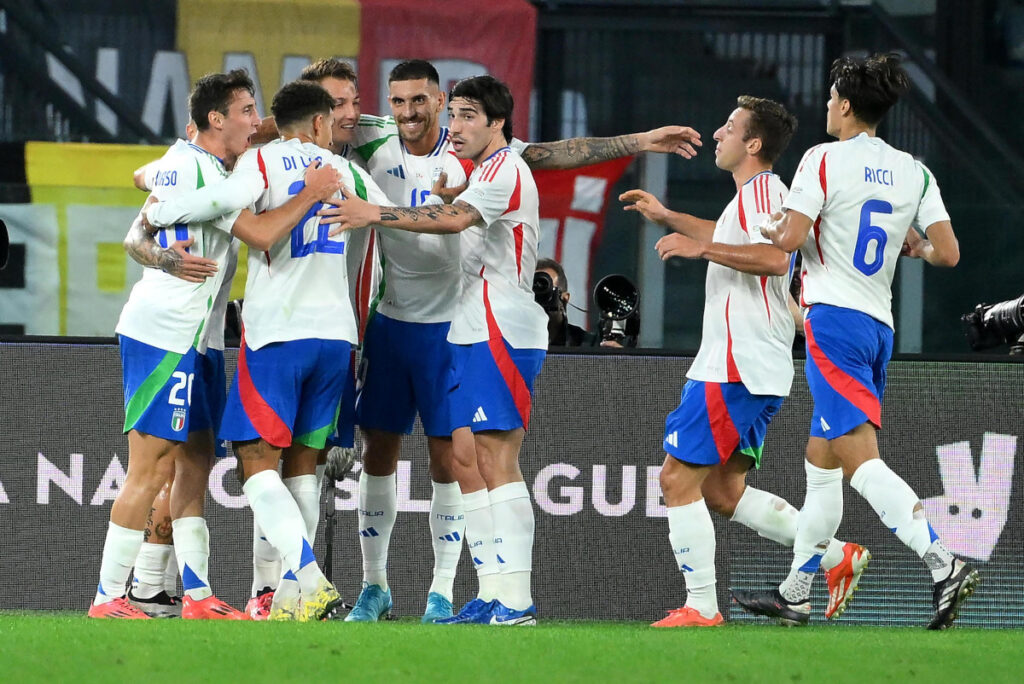The upcoming Nations League match between Italy and Israel is set against a backdrop of heightened security measures at the Bluenergy Stadium in Udine. Scheduled to kick off at 19:45 UK time (18:45 GMT), the game has seen a marked decline in ticket sales, attributed largely to the tense political atmosphere stemming from ongoing conflicts in the Middle East. Organizers face significant challenges in managing the event while ensuring the safety of players and fans alike.
In response to the heightened tensions surrounding the fixture, particularly due to the ongoing crisis in the Middle East, organizers have implemented rigorous security protocols. The establishment of a Red Zone around the stadium has led to the erection of tall metal barriers, designed to prevent public access 48 hours prior to kickoff. Additionally, a substantial police presence is anticipated, with estimates suggesting that between 500 to 1,000 police agents will be on site to oversee safety measures and manage crowd control.
Ticket sales for the match have suffered considerably as a result of these security concerns. As of the latest update, only 11,700 tickets have been sold for a stadium that can accommodate more fans, which could be further impacted by the relatively small number of attendees who are able to navigate the security checks. The event is not solely focused on fan attendance, as local initiatives have invited 500 children from local football academies and 800 more from regional amateur clubs, showcasing Italy’s commitment to promoting youth engagement in sports, despite the challenging circumstances surrounding the match.
Furthermore, local events related to the political situation are also influencing the atmosphere in Udine. On the same day as the scheduled match, a pro-Palestine march is planned, with organizers anticipating an attendance of approximately 4,000 participants. This march highlights the complexities within the community during a time of heightened awareness about international conflicts, and it raises concerns about the potential overlap with the football match, which could strain local resources and increase security worries.
The combination of organized political demonstrations and strict security measures reflects the precarious nature of hosting international sporting events in the current geopolitical climate. Local authorities are tasked with ensuring both the safety of those attending the football match and addressing potential unrest stemming from political protests, creating a delicate balancing act that highlights the intersection of sports and politics.
In conclusion, the upcoming Italy-Israel match serves as a poignant reminder of the larger issues at play in the region while also spotlighting the challenges faced by sports organizers in secure environments. With low ticket sales and extensive security measures in place, the game underscores the complex relationship between international sporting events and the sociopolitical landscape. As spectators and players prepare for an evening of competitive football, the atmosphere remains heavily influenced by the events unfolding beyond the stadium walls, leaving a sense of unease in the air.

